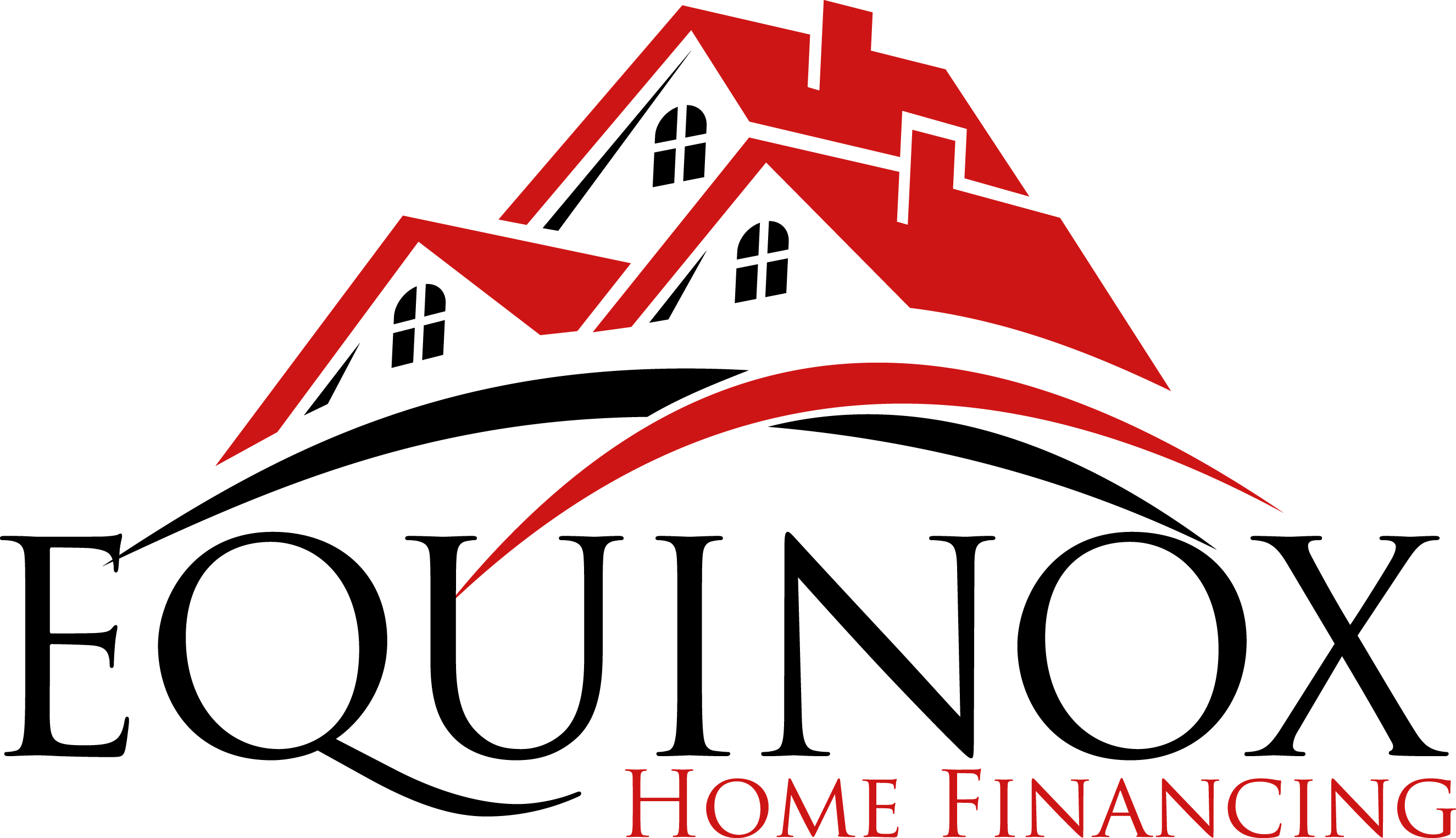
DSCR Mortgage Loans: What Homebuyers Need to Know
What is a DSCR Mortgage Loan?
A DSCR mortgage loan, which stands for Debt Service Coverage Ratio, is a type of mortgage loan that is designed for real estate investors. It is a non-QM loan, which means that it does not follow the traditional qualifying guidelines for qualified mortgages. Instead, DSCR loans qualify borrowers based on the cash flow of the investment property, rather than the borrower’s personal income. This makes DSCR loans a good option for investors who have low income or high debt, or who are unable to qualify for a traditional mortgage loan.
How Does a DSCR Mortgage Loan Work?
To qualify for a DSCR mortgage loan, the borrower must have a DSCR of at least 1.25. This means that the property’s monthly rental income must be at least 1.25 times the monthly mortgage payment. For example, if the monthly mortgage payment is $1,000, then the property’s monthly rental income must be at least $1,250.
In addition to the DSCR requirement, DSCR mortgage loans also typically have other requirements, such as:
- A minimum credit score of 660
- A minimum down payment of 20%
- A property appraisal to ensure that the property is worth at least the loan amount
Benefits of DSCR Mortgage Loans
DSCR mortgage loans offer a number of benefits for real estate investors, including:
- No income verification: DSCR mortgage loans do not require borrowers to verify their personal income. This makes them a good option for investors who have low income or high debt, or who are unable to qualify for a traditional mortgage loan.
- Faster closings: DSCR mortgage loans typically have faster closings than traditional mortgage loans. This is because lenders do not need to verify the borrower’s personal income.
- More flexible terms: DSCR mortgage loans often have more flexible terms than traditional mortgage loans. For example, some lenders offer DSCR mortgage loans with interest-only payments for the first few years of the loan.
Drawbacks of DSCR Mortgage Loans
DSCR mortgage loans also have some drawbacks, including:
- Higher interest rates: DSCR mortgage loans typically have higher interest rates than traditional mortgage loans. This is because lenders perceive DSCR loans as being riskier.
- Larger down payments: DSCR mortgage loans typically require larger down payments than traditional mortgage loans. This is also because lenders perceive DSCR loans as being riskier.
- More limited availability: DSCR mortgage loans are not available from all lenders.
Is a DSCR Mortgage Loan Right for You?
Whether or not a DSCR mortgage loan is right for you depends on your individual circumstances. If you are a real estate investor with low income or high debt, or if you are unable to qualify for a traditional mortgage loan, then a DSCR mortgage loan may be a good option for you. However, you should keep in mind that DSCR mortgage loans typically have higher interest rates and larger down payments than traditional mortgage loans.
Here are some additional facts that homebuyers should understand about DSCR mortgage loans:
- DSCR mortgage loans are not available for primary residences. They are only available for investment properties.
- DSCR mortgage loans are typically used to purchase or refinance investment properties.
- DSCR mortgage loans can be used to finance single-family homes, multi-family homes, and commercial properties.
- DSCR mortgage loans are available in a variety of terms, including fixed-rate and adjustable-rate mortgages.
If you are interested in learning more about DSCR mortgage loans, you should speak with a qualified mortgage lender. They can help you determine if a DSCR mortgage loan is right for you and can help you find the best loan terms for your needs.
